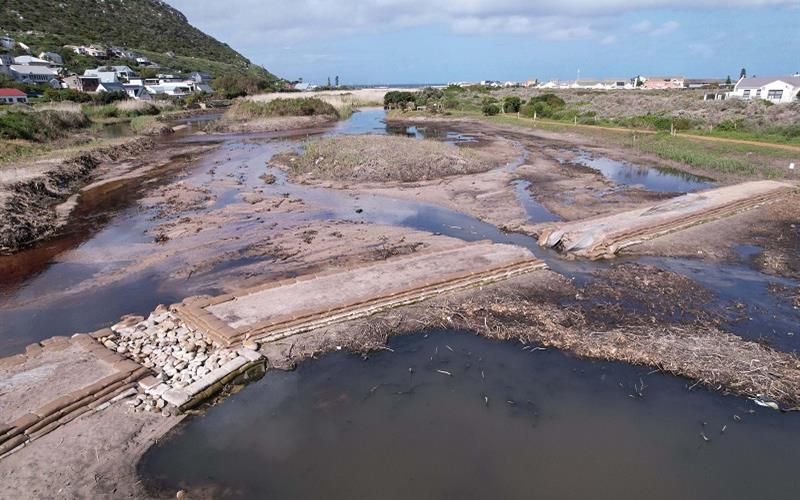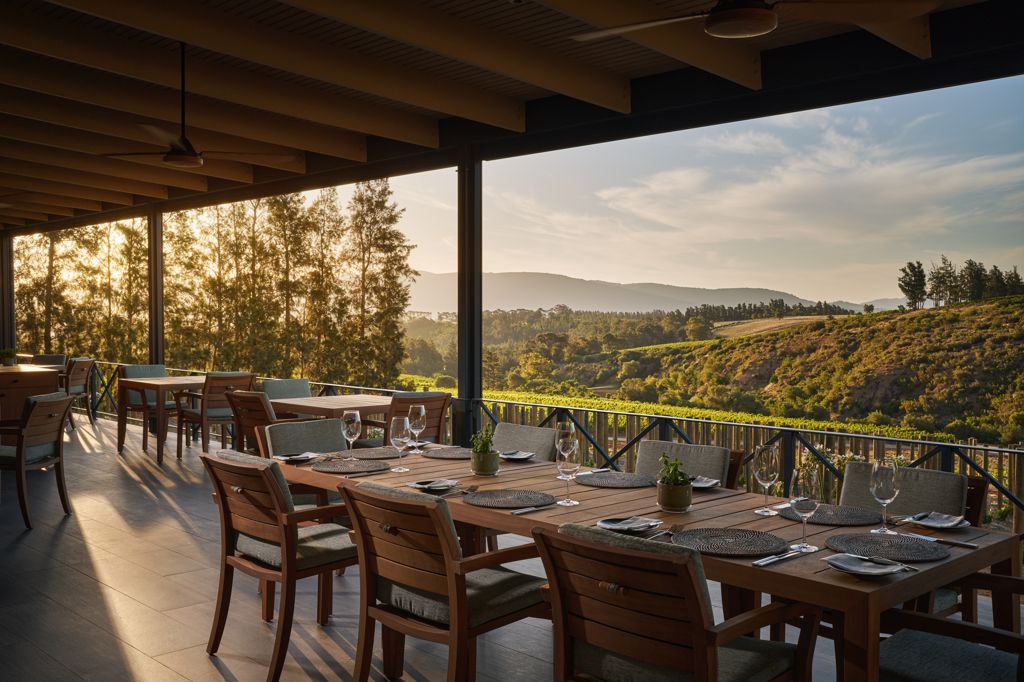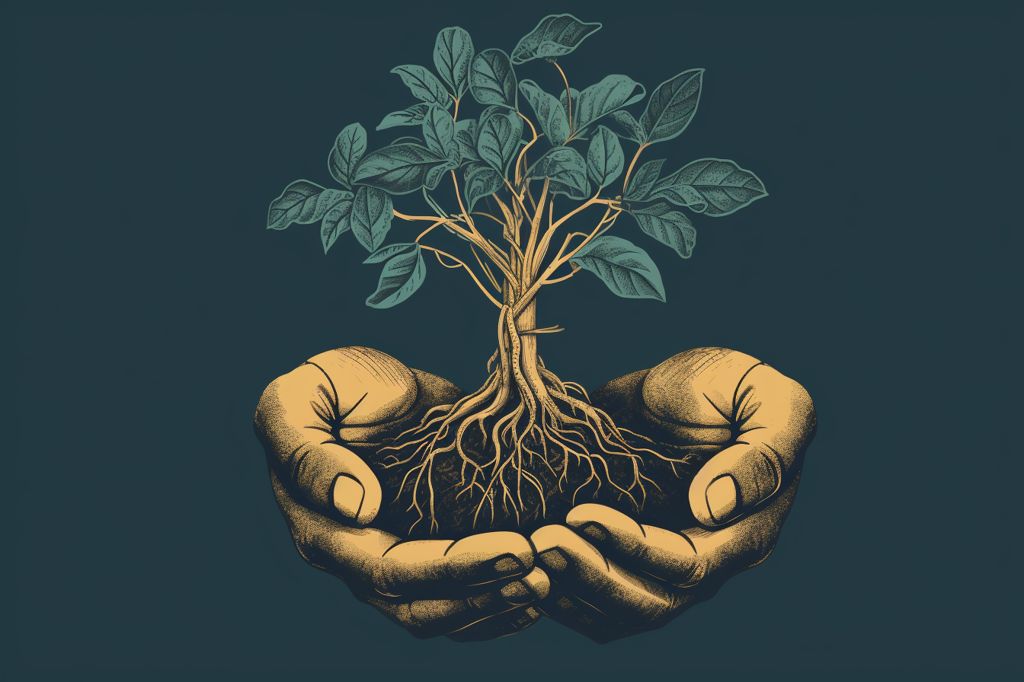The City’s Water and Sanitation Directorate has announced the completion of phase one of the Silvermine Wetland dredging initiative. This project aims to enhance the lives of residents and wildlife by improving inland water quality, an essential aspect of the City’s ongoing environmental programs.
Meticulous Efforts to Unveil Hidden Stormwater Infrastructures
During phase one, dedicated teams cleared reeds and invasive plants from the wetlands’ boundaries and the coffer dam’s perimeter. This meticulous effort unveiled hidden stormwater infrastructures, including gabions and headwalls, that are essential to the wetlands’ health.
Efficient Dredging for the Environment and Wildlife
After the initial groundwork, the teams expertly dredged the area, removing silt, alien vegetation, and reeds from a 10-meter section down towards the first Western Leopard Toad (WLT) pond. This endeavor safeguards the environment and ensures the well-being of the endangered WLT and its offspring.
Temporary Reinforcement of the Cofferdam
The teams temporarily reinforced the coffer dam’s walls with an earth berm and sandbags to capture any sewage before it enters the wetland or reaches walkways. This early warning system provides the City’s Sewer Department ample time to respond and remove any sewage from the coffer dam.
Rejuvenation of the Wetlands
The teams successfully completed remedial work to repair damage to the coffer dam and eradicate reeds by the end of July. The area’s rejuvenation has attracted various wildlife species to the wetlands, where they can thrive and contribute to the diverse ecosystem. Residents have also welcomed the revitalized space, enjoying picturesque walks and jogs alongside the serene water, flanked by the majestic mountains and accompanied by the tranquil sounds of birds and toads.
Significance of Well-Maintained Inland Waterways
Councillor Zahid Badroodien, Mayoral Committee Member for Water and Sanitation, highlighted the significance of well-maintained inland waterways. They provide safe recreational spaces for activities like fishing and canoeing and contribute to overall environmental health, ensuring the safety and well-being of residents and wildlife alike.
Future Plans for the Wetlands
Phase two of the project is scheduled to commence at the end of January 2024, following the conclusion of the WLT breeding season. Residents eagerly anticipate the space’s continued transformation.
Gratitude for Support and Commitment to the Environment
Councillor Badroodien expressed gratitude to residents for their understanding and support during this critical project. The City is committed to preserving the environment and enhancing the lives of its inhabitants. With phase one complete, the future of Lower Silvermine Wetland is bright, promising an ever-improving sanctuary for residents and wildlife to coexist harmoniously.








